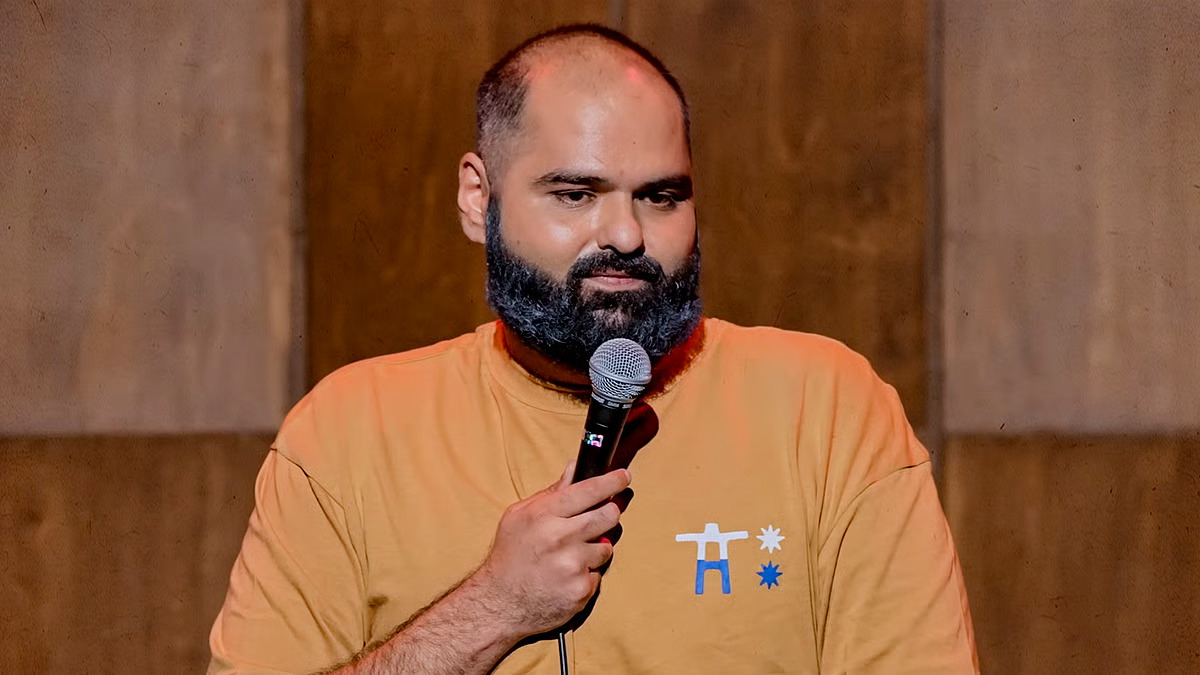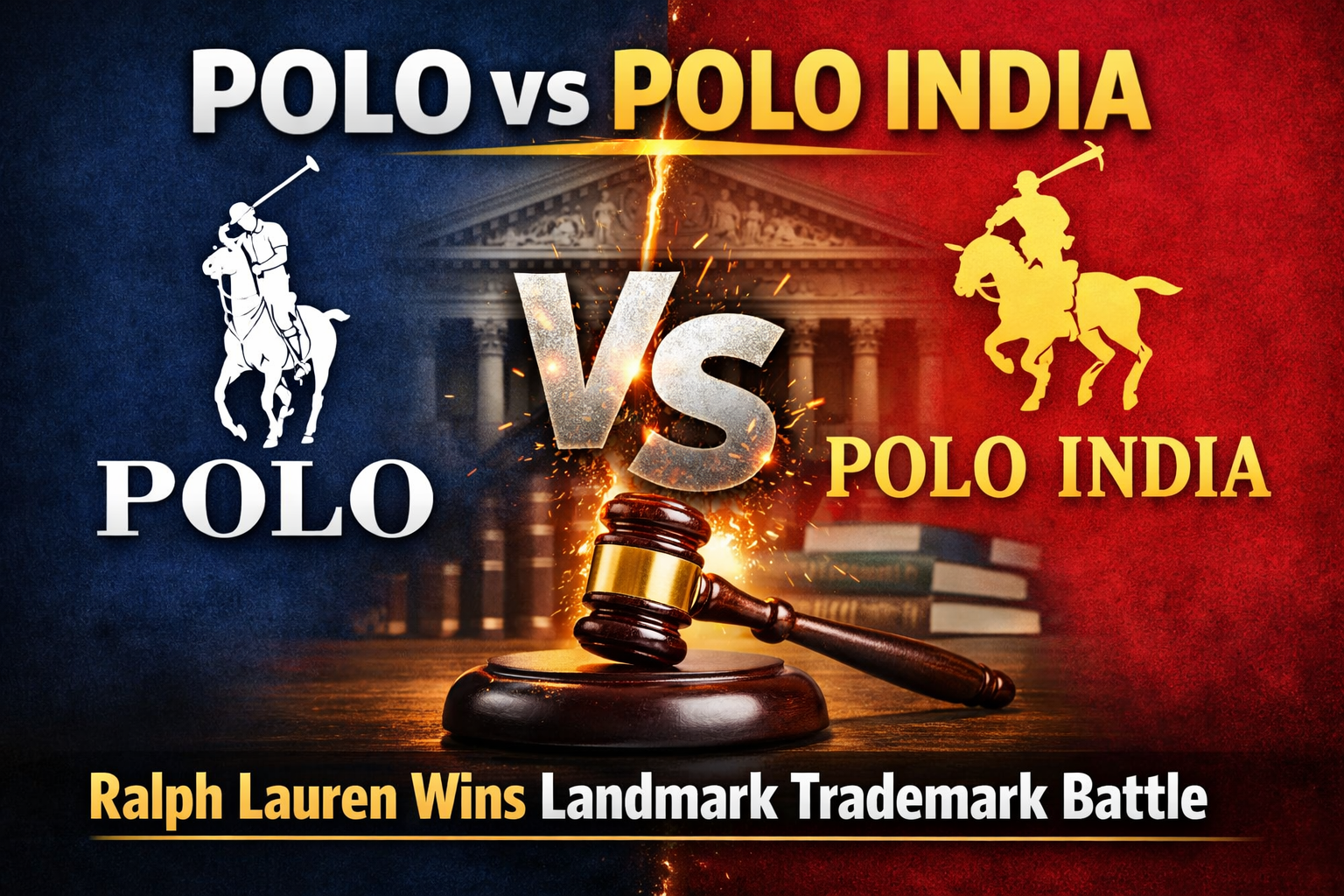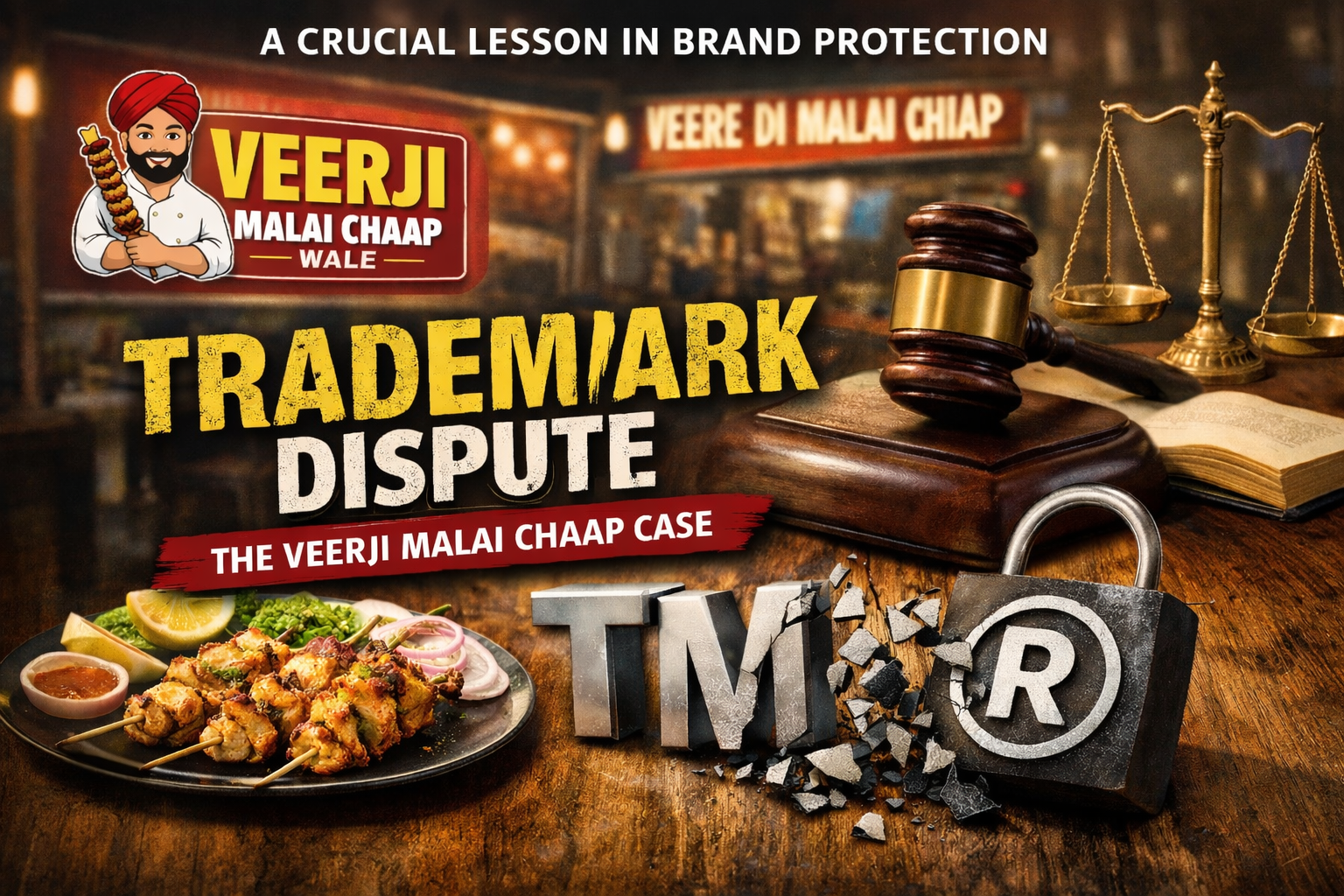
KUNAL KAMRA VS. COPYRIGHT: IS IT FAIR USE OR FOUL PLAY?
In recent time, stand-up comedy in India has become more than just entertainment—it has evolved into a powerful platform for political commentary and social critique. Among the comedians at the forefront of this change is Kunal Kamra. Known for his outspoken views and bold satire, Kamra has never shied away from controversy. However, one of his recent incidents involving the use of a parody song has stirred a heated debate over whether such content qualifies as fair dealing or crosses the line into copyright infringement.
The Incident: A Political Satire Gone Too Far?
Kunal Kamra found himself in hot water when he uploaded a satirical video that parodied a well-known Bollywood song. The parody was used to critique a prominent political figure, allegedly targeting Eknath Shinde, the Deputy Chief Minister of Maharashtra. Though Kamra did not name him directly, the content was clearly suggestive, leading to outrage among Shinde’s supporters. This resulted in police complaints, threats, and even acts of vandalism against the venue where Kamra was scheduled to perform.
While the episode triggered discussions on freedom of speech, it also opened up another contentious issue—whether the parody song was legally permissible or if it violated copyright laws.
The Copyright Complaint by T-Series
What added legal weight to the controversy was a copyright complaint from T-Series, a major music label in India. The company alleged that Kamra’s use of their song’s melody in his parody constituted copyright infringement, as he had not obtained permission to use the original composition.
Kamra defended his content by arguing that parody and satire fall under “fair dealing” as outlined in Indian copyright law. He maintained that the intent was not to exploit the original work commercially, but to offer social commentary and political critique—both recognized purposes under fair use laws in many democratic jurisdictions.
Understanding Fair Dealing in Indian Copyright Law
India’s copyright framework recognizes the concept Under Section 52 of the Indian Copyright Act, 1957, certain uses of copyrighted material do not amount to infringement. These include uses for private or personal use, criticism, review, reporting current events, or research.
In the context of comedy and satire, the relevant exception is for criticism or review. However, determining whether a work qualifies as fair dealing depends on several key factors:
- Purpose of the use – Is the use for commentary, critique, education, or commercial gain?
- Nature of the work used– Is it a creative or factual work?
- Amount of the original used – Was a small portion used, or was it a substantial copy?
- Effect on the original’s market – Could the parody hurt the market value of the original?
Applying these tests to Kamra’s parody, the argument for fair dealing is not entirely without merit. His content was critical, transformative, and aimed at raising questions about public figures, rather than simply mimicking a song for entertainment or profit.
Legal Precedents Supporting Parody
Indian courts have dealt with fair dealing in past judgments that can shed light on Kamra’s situation. One of the landmark cases in this area is Civic Chandran v. Ammini Amma, where the Kerala High Court ruled in favor of a parody play that commented on an existing literary work. The court observed that if the new work offers critical commentary and is not a direct substitute for the original, it may be protected under fair dealing.
Another case, Super Cassettes Industries Ltd. v. Hamar Television Network, emphasized that a fair dealing defense cannot be a blanket license to use copyrighted work. The context, intention, and extent of use are all crucial.
These precedents highlight that while satire and parody are not entirely exempt from copyright obligations, they are not automatically infringing either. The legal outcome depends on how the work is constructed and used.
Role of Platforms and Corporations
In Kamra’s case, the role of digital platforms like YouTube and corporate copyright holders like T-Series complicates the matter further. When a copyright complaint is filed on YouTube, the platform typically acts swiftly to avoid liability. This often results in content takedowns, even before legal resolution is achieved.
Kamra criticized this ecosystem, calling it biased in favor of large corporations and political interests. He argued that such actions stifle artistic expression and suppress dissenting voices. Whether or not one agrees with his stance, the situation exposes the power imbalance between individual creators and media conglomerates, especially when automated systems make content moderation decisions.
The Free Speech Angle
Beyond copyright, this controversy is deeply tied to issues of free speech. Kamra has faced threats, intimidation, and legal notices over the years for his political satire. The response to his parody song once again shows how political content in India is subject to scrutiny not only from authorities but also from aggressive supporters of political leaders.
While the law may allow for critical and satirical content under certain conditions, the on-ground reality often paints a different picture. Legal rights are meaningless if they cannot be exercised freely without fear of violence or harassment.
Conclusion: Where Do We Draw the Line?
Kunal Kamra’s case is a textbook example of the complex intersection between copyright law, artistic freedom, and political expression. On one hand, copyright holders have the right to protect their creations. On the other, creators like Kamra rely on cultural references and parody to challenge the status quo and provoke public thought.
The question is not just whether Kamra’s video was legal, but whether the law sufficiently protects the space for satire in a healthy democracy. As digital content continues to evolve, there is an urgent need for clearer legal interpretations that recognize the value of parody, especially when it serves a critical public function.
In the end, the resolution of this controversy may not lie solely in courtrooms but in how society chooses to balance creativity with control. Until then, the debate around fair dealing and copyright will continue to test the boundaries of free speech in India.




Leave a Reply